
Copyright © 2024 · OurPublicRecords.org · All Rights Reserved

Free South Dakota Unclaimed Money Lookup
We receive referral fees from partners (advertising disclosure)
The information we provide you is free of charge and a result of extensive research by our home warranty experts. We use affiliate links on our site that provide us with referral commissions. While this fact may not influence the information we provide, it may affect the positioning of this information.
The information we provide you is free of charge and a result of extensive research by our home warranty experts. We use affiliate links on our site that provide us with referral commissions. While this fact may not influence the information we provide, it may affect the positioning of this information.

Your search for unclaimed money in South Dakota ends here. Find out how you can access the database in the state to claim your money.
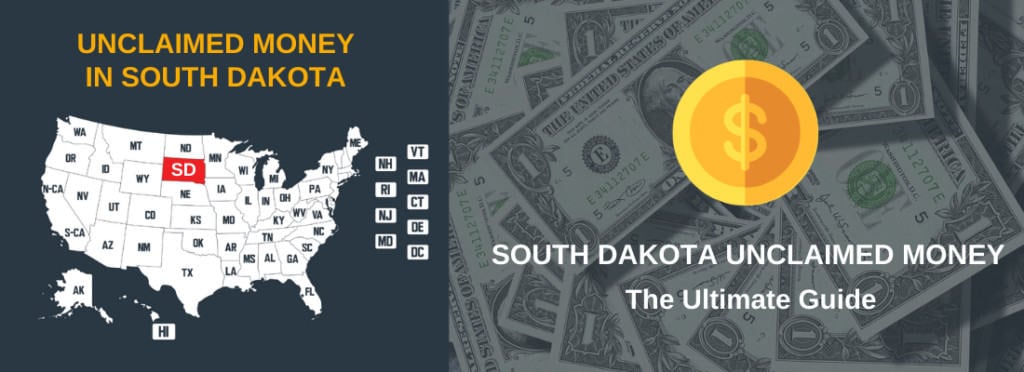
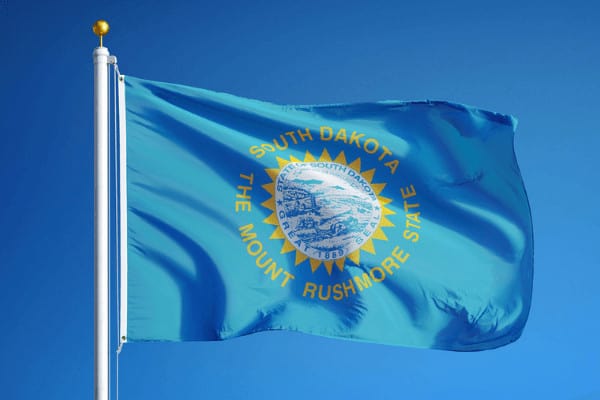
It’s reported that South Dakota has millions of dollars worth of unclaimed funds. It is quite difficult to find the total figure, but the South Dakota treasury has returned around $62 million from 2015-2018 alone. This is a lot of money unclaimed.
South Dakota State Treasurer, Josh Haeder, has passed a new program named “Cash It”. This program will allow over 10,000 South Dakotans to receive funds with zero action needed. All of the recipients will receive a letter a check in advance from the state of South Dakota.

Here’s an example of where you might have unclaimed money:
You may have closed your old bank account because you were moving to a new location. You may have not left a forwarding address with the old bank. Therefore, any payments made to your old account after you closed it will not reach you. This could be any pending salaries or dues. It could also be any bonds maturing and the payments sent to your old bank account.
In South Dakota, there is no deadline to make a claim for your money. All unclaimed funds are safely kept in a custodial manner. This means it is safe until the heir or rightful owner has claimed their money. There are also no fees when you want to inquire about a property, or when filing a claim. However, there might be fees for some properties such as stocks or safe deposit boxes.
It takes about two to three weeks to process your claim. After a year, if the funds don’t reach you, the money automatically goes to the state. This money remains protected and the state holds this money till you, the owner, claim it.
Most states will hold the money until the original owner is found or the statute of limitations for the unclaimed funds runs out. The same applies to South Dakota.
Unclaimed money or property can be tangible or intangible. By tangible property, we mean something that can be touched or felt. Intangible property refers to funds you cannot touch, like a paycheck. So any funds you had deposited in the bank are tangible, but things like unclaimed paychecks are intangible money.
According to the South Dakota Treasurer website, the unclaimed property could be financial amounts that have not been claimed. These could be the unused balance in checking or savings accounts, unclaimed wages, or checks that were not cashed. They also include the proceeds of safe deposit boxes that have not been touched for a long time.
Keep in mind that real estate or vehicles are not a part of unclaimed property.
Unclaimed money can come from different sources. Some common sources of unclaimed money are as follows:
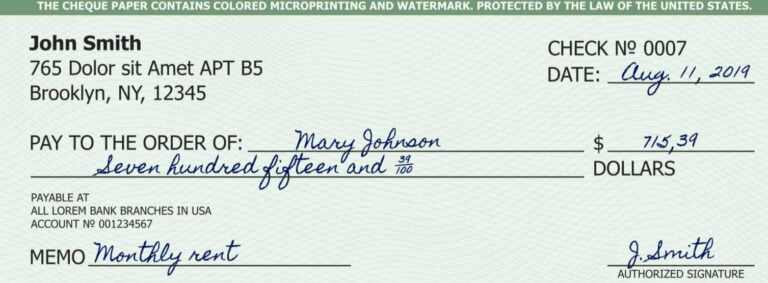
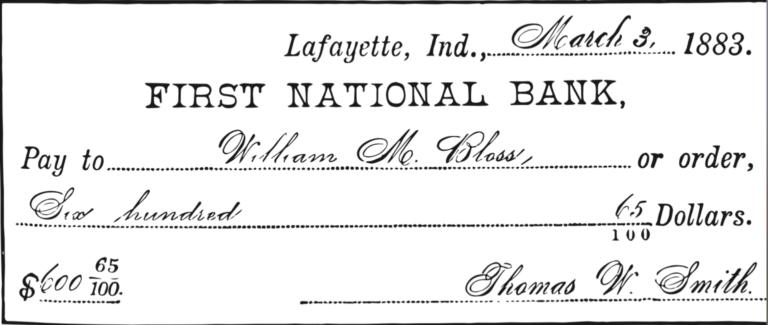

These are held by the South Dakota treasurer until the rightful owner or an heir claims the amount. They do send out notices to account holders who have not used their accounts for over a year. But if there is no response to the notices, the property goes to the state.
Billions of dollars go unclaimed every year. Some of that unclaimed money could be yours.
The National Association of Unclaimed Property Administrators helps people find unclaimed money which may be due to them. All the 50 states have unclaimed money registers just for this purpose.
To search for unclaimed property, you can visit the South Dakota Treasurer website. This website allows you to search for unclaimed property in South Dakota and other states as well.
You could search the registers in each of the states that you may have lived in to see if there is any unclaimed money in your name. Then you need to follow the prescribed procedures to claim this money.
The South Dakota Treasurer website says that it has over $600 million that needs to be returned to the rightful owners.
There are varying estimates as to the amount of unclaimed money and property available in the US. It is estimated that there is approximately $58 billion in unclaimed money, which comes to about $180 per person in the US.
You could go online and search to see if there is any unclaimed money in your name. The amount of unclaimed money may not amount to much, but if you have small amounts in various states you have stayed in, it can add up to a good amount. Better still, you can have the money sent to your current bank account. Online banking makes the transfer very fast.
Each state has vast amounts of unclaimed money and property in its coffers. If this money is not claimed before the statute of limitations runs out, the state takes over the unclaimed property and it can no longer be claimed by anyone.
South Dakota has an Unclaimed Property Division where you can enter your details and get information about any unclaimed property or money that you may have. You can use their website to search for a business or property.
To search, you can enter the business name or the property ID to get information. Once you have the information about unclaimed property in your name you can initiate procedures to claim that money.
Each state has its database of unclaimed money. Besides this, there are other databases where people have a lot of unclaimed money. There are many sources that you can use to check for unclaimed property other than the state databases. Some of these are listed below.
The Internal Revenue Service (IRS) database can be searched for federal refunds that you never got. This includes both physical checks sent to you as well as funds that were not deposited in your bank account. In case you moved to a different bank, your refund checks could have got routed to your old bank and never have reached you. This money can be claimed.
Check with US Federal Investments if you think that you have some bonds which you know nothing about. The Treasury Department issues bonds at low prices that mature in the future. You may have one or more bonds that are worth more now than they were when originally issued. By searching their database, you can find out if you have any money in unclaimed mature bonds.
Many people have a pension fund where they will receive money when they retire. The Pension Benefit Guaranty Corporation gives you the option of looking for retirement funds that are still out there and unclaimed. You can use the site to file a claim if you are the beneficiary of one of those accounts. Of course, you will have to prove that you are the rightful claimant of these funds.
This organization holds any funds once held by a bank or financial institution that may have closed down. There are banks where you have deposits that either close or merge with another bank. In such cases, your money is not lost forever.
The Federal Deposit Insurance Corporation helps you search for your money. It has information available for banks that once existed in South Dakota and other states.
Those who served in any branch of the military get many benefits through the VA such as mortgages to buy homes and health insurance. The VA also offers life insurance policies and allows holders to name their beneficiaries. Searching the VA database helps you see if any loved ones had unclaimed policies through the VA.
Once again, to claim these funds you would have to prove your relationship with the veteran as well as provide sufficient reason as to why you are claiming the funds on their behalf.
The Department of Housing and Urban Development (HUD) helps people facing foreclosure as well as those buying homes. If you or a loved one had a home loan through HUD, the department might have a refund check waiting. This website helps you find those checks.
The US Railroad Retirement Board maintains an active database of people who worked for the railroads and have pension or retirement funds that they never used or claimed. You can look for funds that you can claim on the behalf of a retired person or if you are the beneficiary.
If you ever had an account with a credit union, check the National Credit Union Administration for any unclaimed money. This includes credit unions in South Dakota and other states as well as federal institutions. Not only can you search for unclaimed money through this site, but it also walks you through the steps of filing your claim.
This database is useful if you want to search for unclaimed money or property in South Dakota or any other state where you may have stayed in the past.
Step 1: Visit the Search for Unclaimed Property page created by the South Dakota Treasurer.
On the page, click on CLAIMING PROPERTY and then select Search Unclaimed Properties, as shown in the picture below.

Step 2: Type your last name or the name of a business in the search box and your first name if you want to narrow down the results. You can also narrow down the search by entering the city and zip code. If you have a property ID, you can enter that for a faster search. Your last name or the property ID are required for the search.

Step 3: If there are any unclaimed properties against the search name, they will appear on the screen. You could click on the CLAIM button to select a claimed property.
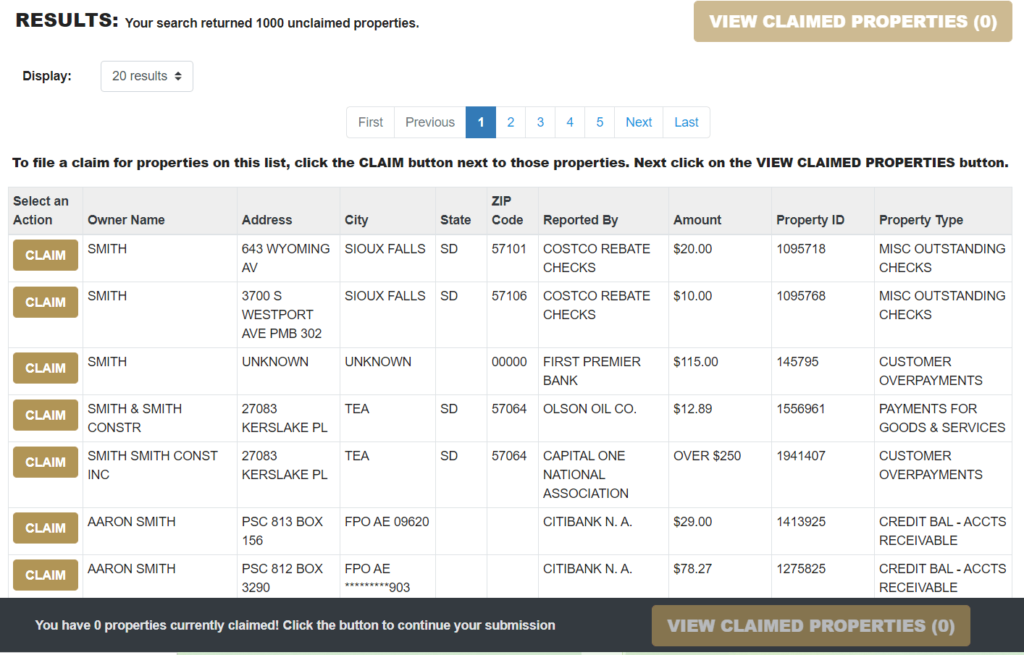
After you click on CLAIM for one or more of the properties listed, you should see the following screen.
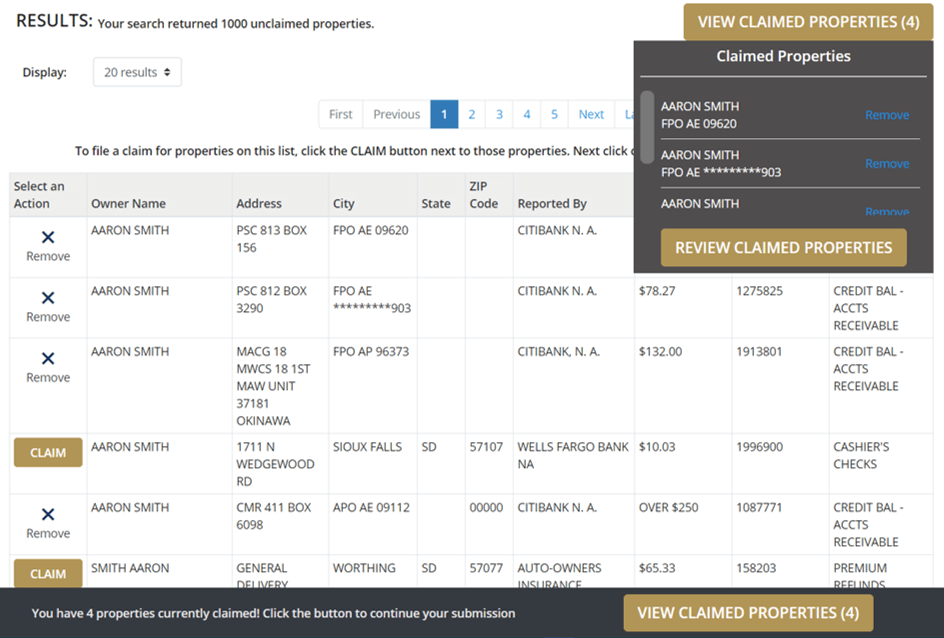
Once you have selected the properties you want to claim, you can click on the VIEW CLAIMED PROPERTIES button, to see the following:

Step 4: To start the claim process, select the Claimant Relationship for each option: Owner, Estate Representative, Heir, or Business Representative. On this screen, you could also Remove a property you do not want to claim. Then you can click on FILE CLAIM.
Step 5: Now enter your contact information. When you are done and have previewed your options, click on the SUBMIT button. You will need to confirm a valid address so that the money can be sent to you and to ensure that you receive it.
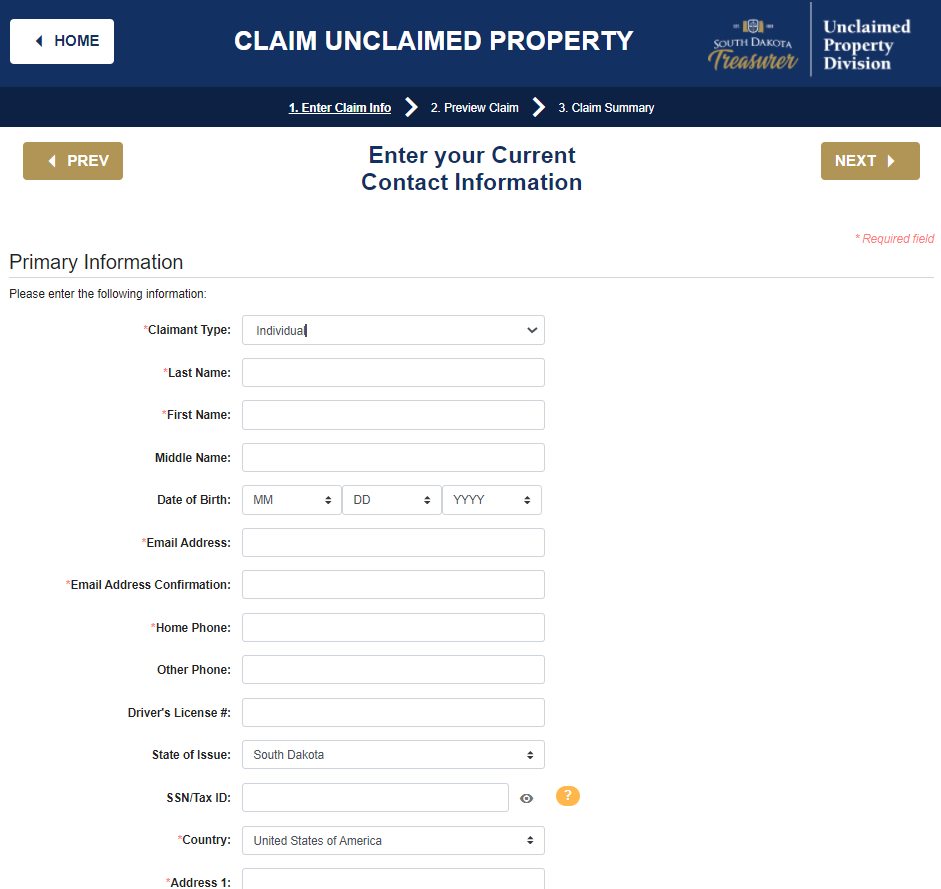
Step 6: Now you need to either send a copy of the claim form with copies of your documents: a copy of photo identification and social security number, to the South Dakota Treasurer by email or by post. The South Dakota Treasurer website has the addresses.
The procedure will follow after you receive an email. Then you will have to submit your documents and the claims process will start.
Once you have a Claim ID, you can use it to track the progress of your claim.
South Dakota requires different things to search for unclaimed money than it does to file a claim. To file a claim, you need:
The South Dakota Treasurer website claims there is over $600 million in unclaimed money and property. This is only the money and property in South Dakota. So, in the US there are billions of dollars in unclaimed money. Make sure you check if there is any money in your name and claim it
Normally unclaimed money and property are kept till it is claimed by the owner or till the statute of limitations on the property runs out. This is usually about 3 years. After that, the unclaimed property is taken over by the state.
The number of years that the state holds the money for claimants varies from state to state, so you need to do your homework before trying to claim any unclaimed property.
To get an idea about the South Dakota laws for unclaimed money, you could have a look at this site. This should give you a fair idea about the laws and what you can do to claim your unclaimed property.
The website linked shows the Uniform Unclaimed Property Act of South Dakota. It will contain all the relevant details you need to know when claiming unclaimed money in South Dakota. If you have the time, you should thoroughly read the entire document to better understand the process.
This is entirely up to you. Please do remember that if you do hire a finder to search on your behalf, he will charge you a fee or a percentage. If the amount is a small one, what you get will be minuscule after the fee is paid.
The process is so simple that you do not need to hire a finder. You can search on your own. Still, if you are not sure about how to proceed and what needs to be done, you could hire a finder to help you out.
To prevent any lost or unclaimed money, we suggest that you keep track of all the investments and bank accounts that you have. Make a list of all properties owned by you in each state that you have stayed in. This way, there are fewer chances of you forgetting where you have investments or unclaimed money or property.
Make sure you have the necessary documentation for any property that you may own. If possible, make a will well in advance that gives information about what you own and how it is to be distributed after you die. It is better to make a will while you are in a healthy condition. We never know when we will pass away and should not leave such matters too late when we will either forget or are unable to recall what we own.
Yes, you can. Provided you have some proof that you resided in South Dakota. You could use your name and the old address, a utility bill, or an old bank statement to prove that you stayed in South Dakota.
You can file a claim that has multiple owners. Say you had property jointly with your wife, but are now separated. You could file a claim with the divorce papers. This will entitle you to your share of the unclaimed property.
If one of the joint owners has died, you could send in your claim along with a copy of the death certificate and your claim should be accepted.
If you do not know the address of one of the owners you could submit an affidavit to this effect. You will be able to claim your share of the unclaimed property.
You can file a claim on behalf of a minor child or an elderly relative.
If you file a claim on behalf of a minor child, you will have to submit the birth certificate of the child as well as proof of establishing your relationship with the child.
In case you file on behalf of an elderly person you need to have the Power of Attorney of the elderly person or you need to establish that you are looking after the elderly person.
When claiming money for someone who passed away you need to follow certain steps. You need to start with the Affidavit for Collection of Personal Property, which is available online. Along with this form, you need to submit a copy of the person’s official will or trust. If the estate is worth $75,000 or more, you need to go through probate before filing a claim. The state usually does not let you claim missing money or property until 60 days after the person’s death. Please check with an attorney in case there is no will, but you are the only heir of the deceased person.
Since most of the filing is done online, you do not need to print any forms. Just file the whole thing online. This simplifies the process.
You could use a printing service to print out the form if you do not have a printer. Or you could call the department. They would send a printed form to you which you can sign and send back to them along with the necessary documentation.
The laws vary from state to state. You may have to check with each state where you have unclaimed property regarding the time limitations. The South Dakota Treasurer says it holds the unclaimed property for perpetuity until the owner, heir, or representative claims the property.
You may have fairly big amounts of unclaimed money in the different states that you may have lived in. This could be money in old forgotten bank accounts, uncashed paychecks, or even property bequeathed to you. If you do have unclaimed money anywhere in the US or South Dakota, you can trace it and claim it. Then you can have the funds transferred to your current bank account. If you have unclaimed money out there, go ahead, search for it, and claim it.
Disclaimer: OurPublicRecords mission is to give people easy and affordable access to public record information, but OurPublicRecords does not provide private investigator services or consumer reports, and is not a consumer reporting agency per the Fair Credit Reporting Act. You may not use our site or service or the information provided to make decisions about employment, admission, consumer credit, insurance, tenant screening, or any other purpose that would require FCRA compliance.

Copyright © 2024 · OurPublicRecords.org · All Rights Reserved